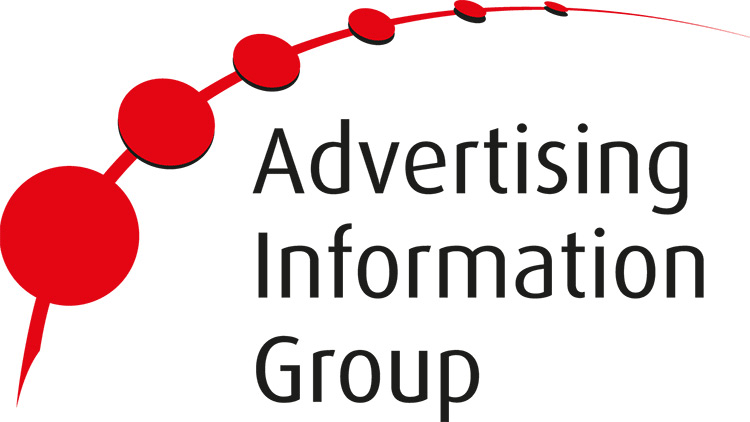AIG Newsletter 11 July 2022
Advertising Information Group-Newsletter
Lesedauer: 4 Minuten

POLITICAL ADVERTISING
IMCO outlines its approach to political advertising regulation
On 24 June, the EP IMCO Committee published its draft report on the proposal for regulation on the transparency and targeting of political advertising. The report looks to provide further clarifications on the scope, definitions and obligations of all actors involved in the process of political advertising, as well as to enable citizens to better recognise political advertising. Additionally, the IMCO report better defines and regulates various digital techniques, such as targeting and amplification, and asks for more harmonised penalties to improve cooperation between national authorities.
The report also notes that publishers making use of targeting or amplification techniques involving the processing of personal data should provide information allowing individuals to understand the logic involved and the main parameters of the technique used, as well as the use of third-party data and additional analytical techniques (AM 122). This should include specific groups of recipients targeted, categories and sources of personal data used, the period of dissemination and the number of individuals to whom the advertisement is disseminated.
JURI discussed transparency and targeting of political advertising
On 30 June, the JURI Committee met to exchange views on the proposal for a regulation on the transparency and targeting of political advertising. Rapporteur the JURI Opinion, Angelika Niebler MEP (EPP) presented the main points of the text. She noted that the scope was too broad, as it dealt with both local and EU elections, and believed the addressees of the regulation should be providers of political advertising services. However, this was not defined in the text, and would be discussed further.
S&D shadow, Iban García del Blanco MEP, welcomed the proposal and noted that the S&Ds would review its definition and scope. He noted that the S&Ds would focus on online advertising and the group supported the idea to have a restrictive framework to prevent market fragmentation.
Green shadow, Patrick Breyer MEP, stressed that exemptions must not create loopholes, and that whilst the transparency of algorithms used by the platforms was important, it was not sufficient to solve the problem. Breyer reiterated that during the DSA negotiations, the LIBE committee called for a ban of personalized targeting of political messages, and that this proposal represented an opportunity to act.
DIGITAL
MEPs overwhelmingly support the Digital Services package (DSA & DMA)
On 5 July, the EP plenary adopted its digital services package, consisting of both the DSA and the DMA. If adopted by the Council in July (DMA) and September (DSA), both acts would enter into force twenty days after publication in the EU Official Journal. The DSA will apply fifteen months after this or from 1 January 2024 (whichever comes later). With respect to obligations for very large online platforms (VLOPs) and very large online search engines (VLOSEs), the DSA would apply earlier – four months after they are designated as such by the Commission.
The DMA would start to apply six months following its entry into force. The gatekeepers will have a maximum of six months after they have been designated to comply with the new obligations.
DISINFORMATION
INGE discussed EU action on disinformation, media and political advertising with Commissioner Jourova
On 30 June, the EP INGE, IMCO, CULT and LIBE Committees held an exchange of views with the Commission’s VP for Values and Transparency, Věra Jourová, to discuss the Code of practice on disinformation.
Ms Jourova explained the Code would not be so voluntary once the DSA came into force. Platforms would be asked to report on their actions in all 27 EUMS every six months and they would have to assess the nature and source of the campaigns and their impact on society. Additionally, the burden of proof would be on platforms, and there would be a stronger possibility to sanction the platforms for poor behaviour.
Where the S&D Group called for a strong sanctions regime for political advertising, and called for harmonisation of sanctions across EUMS to avoid forum shopping, the Commissioner noted that the Media Freedom Act would enshrine the editorial independence of media into EU Law. Building on the AVMSD, this would tackle transparency and fairness of allocation of state advertising, financing of public media and strengthen cooperation between EU regulators.
They also discussed how to strengthen media literacy, how to tackle concentration of media ownership and state-sponsored propaganda and how to support the media sector under economic and political pressure.
DATES FOR YOUR DIARY
30 June: Child Safety Online Conference.
20 July: AIG Exchange.
6 September: The EU Artificial Intelligence Act: potential impact beyond high-risk applications Event.
14 September: Annual Data Privacy Conference.
20 September: EU Cybersecurity and Resilience Conference.
21 September: The Digital Marketing Exposition & Conference.